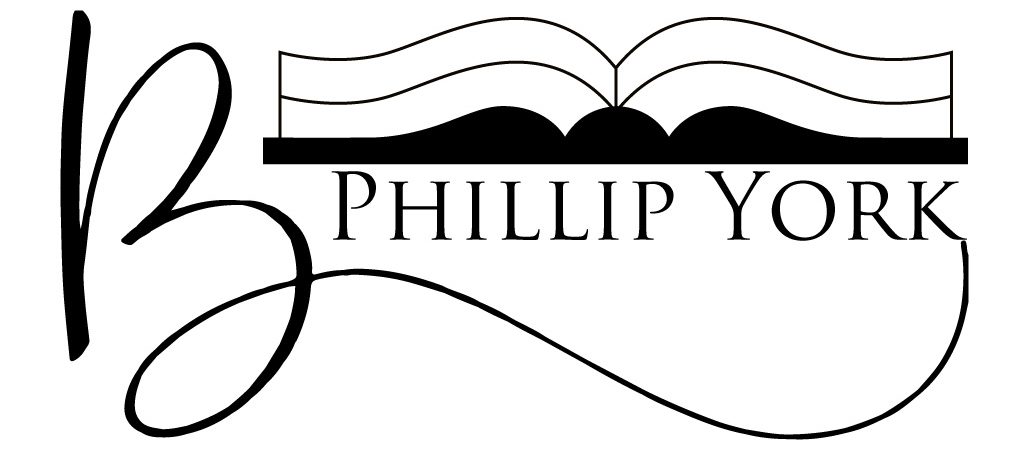There is a curious fact about the English language. We use the word not almost entirely wrong. To some degree, this is about semantics, and pedanticism, and colloquialism. But this kind of linguistic ambiguity can be a writer’s friend, and it can also be used for emphasis.
Consider the phrase:
“I do not like green eggs and ham.”
What does it mean to “not like” something? Does it mean you dislike it? This is generally, colloquially, how it is interpreted. But by a literal definition, all we know is that I do not like green eggs and ham.
You might, for example, love green eggs and ham. You might hate green eggs and ham. You might have no opinion whatsoever on green eggs and ham. All you are saying is you do not like them.
English, as it is used, commonly (colloquially) is full of such constructions. When I was young I delighted in literal (annoying, pedantic interpretations) of people’s questions.
“What’s up?” – “The ceiling”
To my credit, I believe I came up with this independently, though I’m quite confident that I’m not the first to consider such a response.
“Can I go to the bathroom?” versus “May I go to the bathroom” can both elicit responses like “I don’t know – can you?” and “If you need my permission, you have a problem.” But we’re taught at a young age to request such permission, frequently in classroom settings.
There was a time, we are often assured, that language was used more precisely, though a more appropriate term might be fussy. Nonetheless, I often regret the way that English as a language is seeming to denigrate. Words like sarcasm, irony, and epic have lost all meaning in a welter of hyperbole and misuse. Isn’t it ironic that nobody knows what irony is, a word about using words other than the way they are intended?
As a writer, you can use or misuse the language. While newspapers may see themselves as the guardians of the written word, those with a more artistic pretension can see themselves as given license to experiment, to use words in new ways or to invent new words entirely, as neologism is a celebrated tradition, and is happening all the time.
It may also be particularly satisfying to have a character who uses language incorrectly, either intentionally or through ignorance. You want to be careful to avoid using unnecessary stereotyping or maligning members of disadvantaged groups by having inarticulate minority characters (even if you would argue such usage rings true, it can still be harmful as it reinforces prejudicial views). Though nothing says you can’t have an African-American character speak in Ebonics, such use is probably dubious and unnecessary and will lead readers to believe you are a racist, even if you feel that it’s true to life.
But there lies a huge range of possibilities in simply focusing on the negatory power of not.

I do not like green eggs and ham.
Do you love them?
I do not like them on a train.
Do you hate them on a train?
I will not eat them in the rain.
What about on a plane?
Well, I would eat green eggs and ham on a plane if, if they were plain, and plainly there was nothing else on offer.


Εxcellent post. I definitely apprecіate this website.
Keep writing!